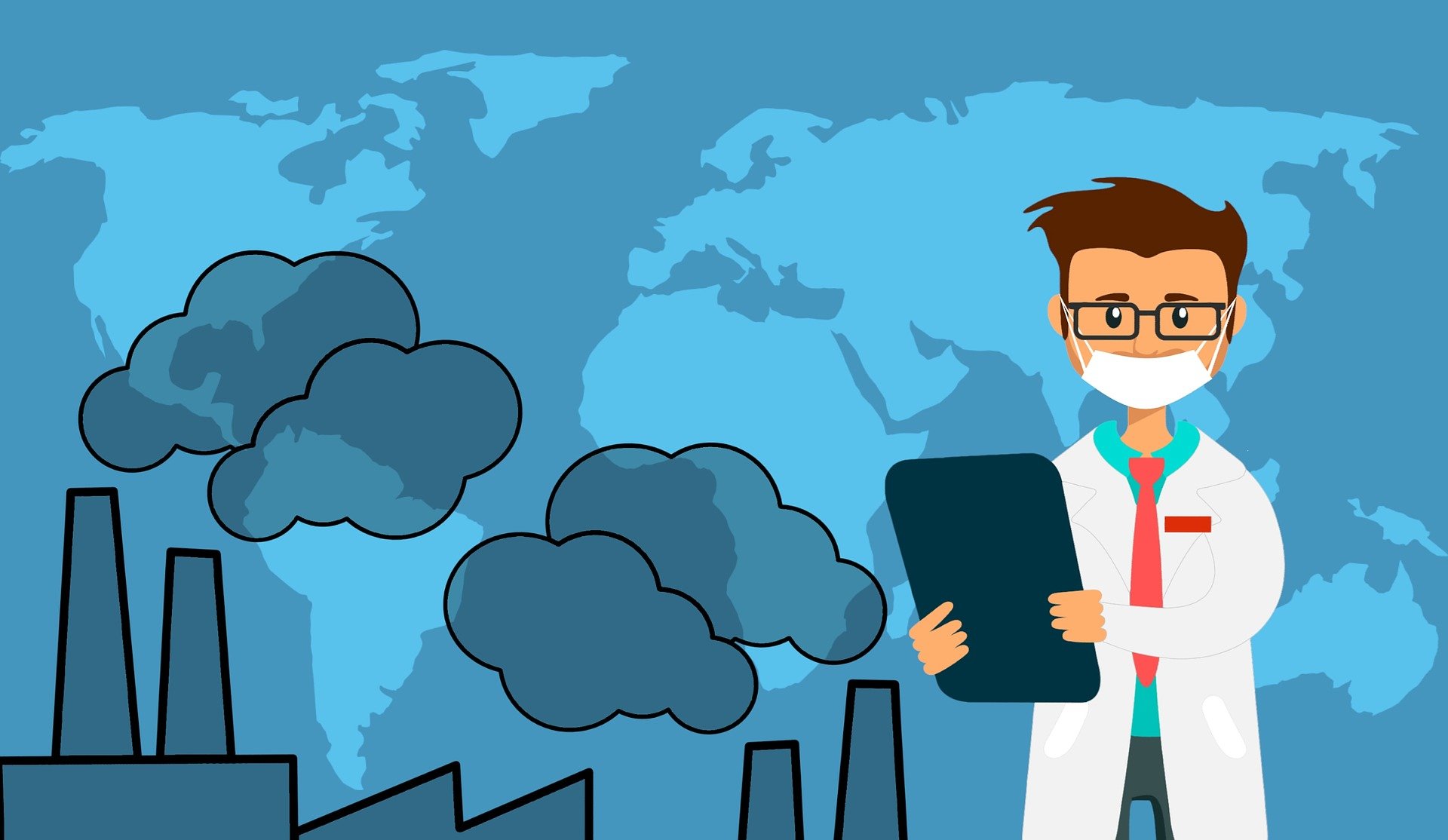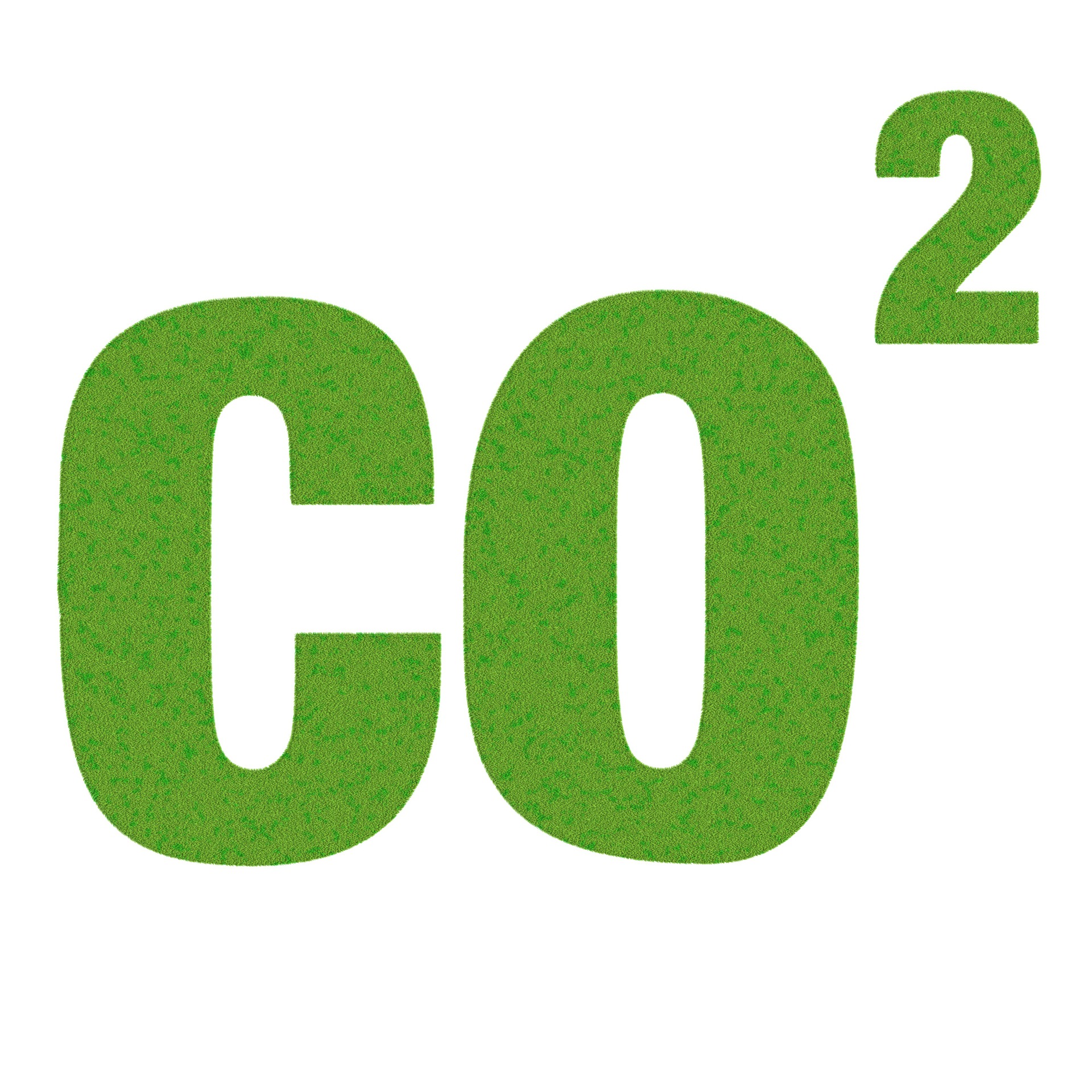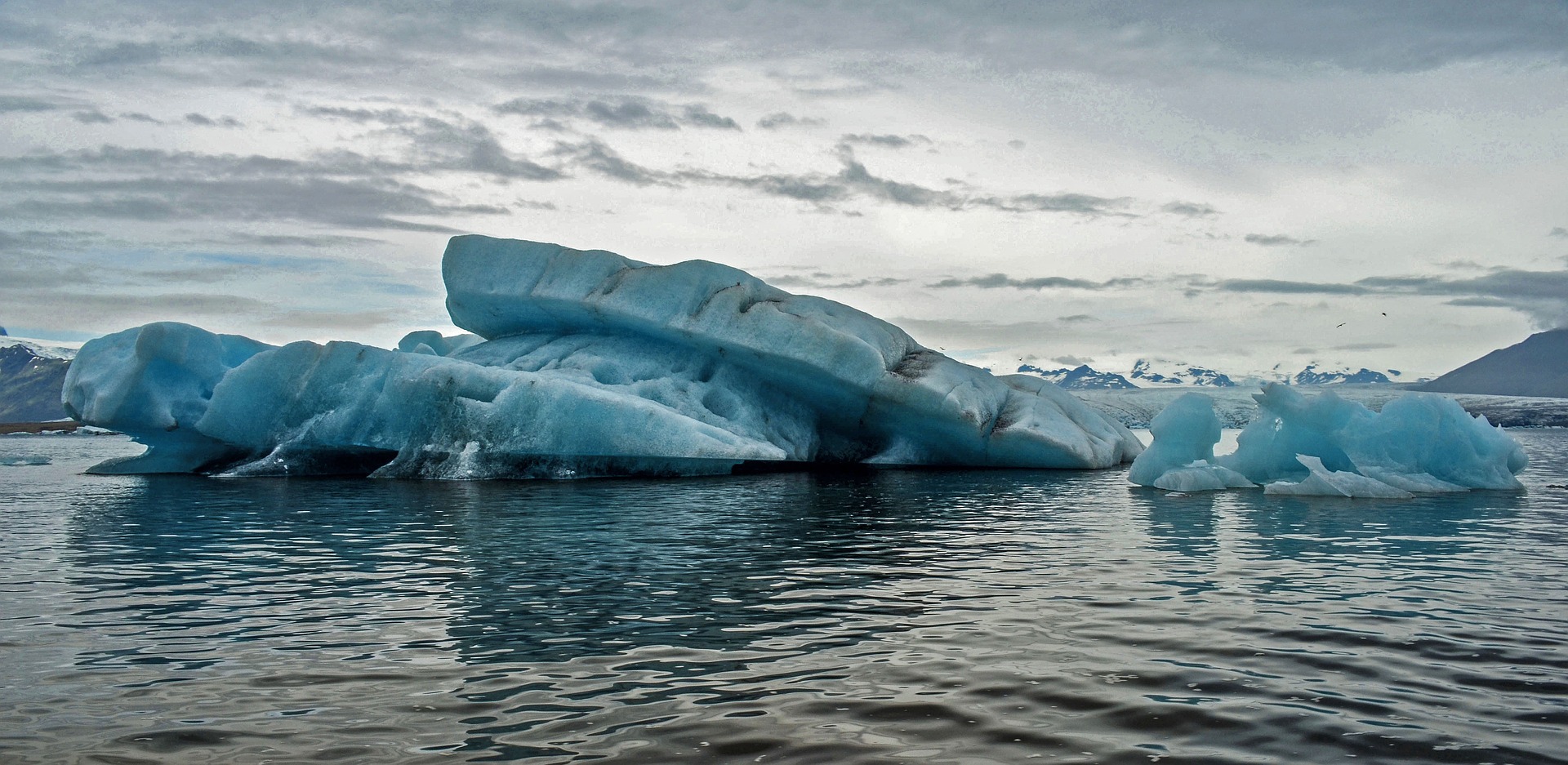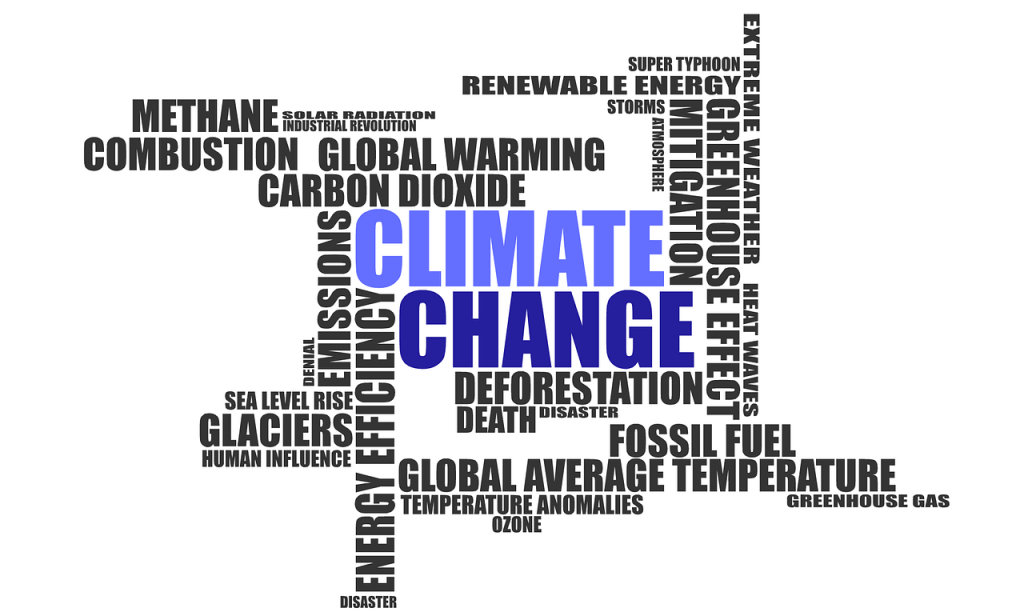ARTICLE OVERVIEW:
CLIMATE CHANGE 2021: GLOBAL WARMING EFFECTS!!
-
PLANETŚ AVERAGE SURFACE TEMPERATURE:
-
Increased carbon dioxide Emissions:
-
INCREASED HEAT ABSORPTION BY OCEANS:
-
SOLAR ENERGY RADIATIONS:
-
GLACIER'S EFFECT ON THE ARCTIC SEA:
-
Climate change's consequences:
-
STUDY BY NASA RESEARCHERS:
-
SEVERE IMPACT OF CLIMATE CHANGE ON ECOSYSTEM:

CLIMATE CHANGE 2021: GLOBAL WARMING EFFECTS!!
Although the epidemic has shaken most of human civilization, the threat posed by global warming remains. The average temperature on the planet is around 15 degrees Celsius. The temperature has been significantly higher and lower in recent years. Despite natural fluctuations in the environment, researchers think that temperatures are currently rising at a faster rate than in the past.
PLANETŚ AVERAGE SURFACE TEMPERATURE:
The average surface temperature of the globe has increased by roughly 2.12 degrees Fahrenheit (1.18 degrees Celsius). Increased carbon dioxide emissions into the atmosphere, as well as other human activities, have fueled this trend since the late 1800s.
Increased carbon dioxide Emissions:

The majority of the warming happened in the last 40 years, with the most latest seven years being the warmest; 2016 and 2020 are tied for the warmest year on record. Carbon dioxide emissions have risen as a result of human activity, causing temperatures to rise. Carbon is released into the atmosphere when carbon-absorbing forests are chopped down and allowed to decay or burn, leading to global warming. The main source of these emissions is fossil fuel burning for energy consumption, with other contributions from agriculture, deforestation, and manufacturing.
INCREASED HEAT ABSORPTION BY OCEANS:
The water has absorbed much of the extra heat, with temperatures rising by more than 33 degrees Celsius in the top hundred meters since 1969. 90% of the excess energy on Earth is stored in the ocean. Temperature rise has exacerbated melting permafrost glacial retreat and sea ice loss in the Arctic, where it has led to melting permafrost glacial retreat and sea ice loss. Warmer temperatures increase evaporation rates, resulting in more severe storms and weather extremes.
SOLAR ENERGY RADIATIONS:
Solar radiation reflected from the earth's surface is absorbed by greenhouse gases and re-emitted in all directions, heating the planet's lower atmosphere as well as its surface, Without this effect, the earth would be about 30 degrees Celsius colder and hostile to life across the globe the average sea level increased by 3.6 millimeters per year between 2005 and 2015. The majority of this shift was due to water expanding in volume as it heated up, but melting ice is now considered to be the primary driver of increasing sea levels.
GLACIER'S EFFECT ON THE ARCTIC SEA:

Most glaciers in temperate regions of the world are retreating the satellite records show a dramatic decline in arctic sea ice since 1979. The Greenland ice sheet has experienced a greater record of ice melting in recent years satellite data also shows the west antarctic ice sheet is losing mass.
Climate change's consequences:
According to recent research, east Antarctica may have begun to lose mass as well. The impacts of climate change can also be evident in plants and animals on land. These include changes in animal territories and early blooming and fruiting seasons for plants.
According to the World Meteorological Organization, temperatures might climb three to five degrees Celsius by the end of the century if the present warming trend continues.
STUDY BY NASA RESEARCHERS:
Greenland lost an average of 279 billion tonnes of ice per year between 1993 and 2019, according to NASA's gravity recovery and climate experiments, while Antarctica lost around 148 billion tonnes per year.
According to a new study conducted by NASA and university experts, ocean waves melting the undersides of Antarctic ice shelves are responsible for the majority of ice shelf erosion on the continent.
SEVERE IMPACT OF CLIMATE CHANGE ON ECOSYSTEM:

Climate change is having a huge influence on ecosystems, including the migration or extinction of numerous species in coral reefs, mountains, and the arctic as their habitat changes fast. Climate change also threatens people with food shortages, water shortages, infectious disease outbreaks, financial damage, and dispersion.
These impacts have led the world health organization to call climate change the greatest threat to global health in the 21st century even if efforts to minimize future warming are successful.
Some impacts, such as increasing sea levels, rising ocean temperatures, and ocean acidification, will last for millennia. Many terrestrial and freshwater species have migrated to the poles and higher altitudes as a result of recent warming.
The spread of drier climatic zones, such as deserts in the subtropics, has been aided by climate change. Because of the scale and pace of global warming, dramatic changes in ecosystems are becoming more likely. Many species are projected to become extinct as a result of climate change.
Heatwaves in the water are becoming more often as a result of climate change, having negative consequences for a variety of species including corals, kelp, and seabirds. Organisms that generate shells and skeletons are being harmed by acidification.


You must be logged in to post a comment.